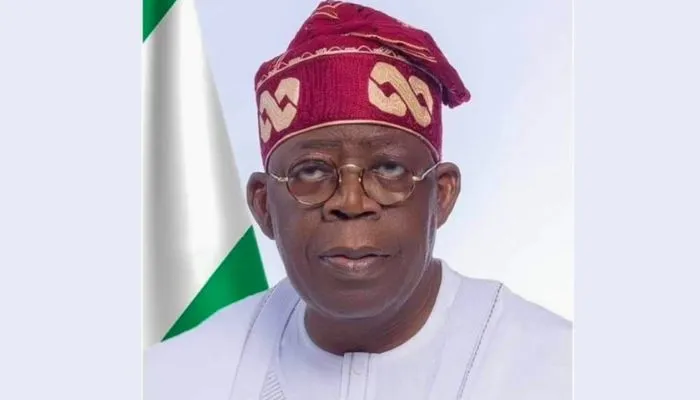President Bola Tinubu’s actions during his first 15 days in office have generated excitement among investors, signaling positive prospects for Nigeria. Tinubu’s decisive measures, such as eliminating the costly fuel subsidy, removing the controversial central bank governor, and pledging to unify exchange rates, have been well received by foreign investors. These developments have resulted in a surge in Nigeria’s dollar debt and reflect a positive shift in reform momentum.
Tinubu’s inauguration speech on May 29 set a bold tone by announcing the removal of the gasoline subsidy, a move that had previously incited riots under previous administrations. Portfolio manager Thys Louw commends Tinubu for swiftly addressing key concerns of investors, namely fuel subsidies and foreign exchange reform, within a short timeframe.
Notably, Tinubu recently suspended central bank Governor Godwin Emefiele, who was widely considered responsible for implementing unorthodox policies that hindered Nigeria’s economic growth. Tinubu’s senior adviser has stated that exchange rate unification, a demand from investors and multilateral institutions, is expected to occur within a matter of months. Emefiele’s detention by Nigeria’s State Security Service and the appointment of an acting governor have further signaled a shift in the country’s economic direction.
The positive market response to these developments is evident in the performance of Nigeria’s international bonds, which saw a significant increase in value. The changes at the central bank are seen as a potential end to conflicting and confusing monetary policies that impeded economic growth and undermined investor confidence. Ayodeji Dawodu, head of Africa sovereign and corporate credit research at BancTrust & Co., believes that these reforms could restore local and foreign investor trust.
Under Emefiele’s tenure, the central bank introduced controlled exchange rates through various windows, leading to limited liquidity and a thriving black market with a significant premium on the official rate. Wale Edun, a member of Tinubu’s advisory board, predicts that the unification of exchange rates is imminent, expecting it to occur within a quarter rather than a year.
Emefiele’s alignment with the previous administration’s more statist and socialist approach is seen as a departure from Tinubu’s more market-oriented stance. Yemi Kale, chief economist for Nigeria at KPMG LLP, emphasizes that the market will respond positively to an administration perceived as being more market-oriented.








